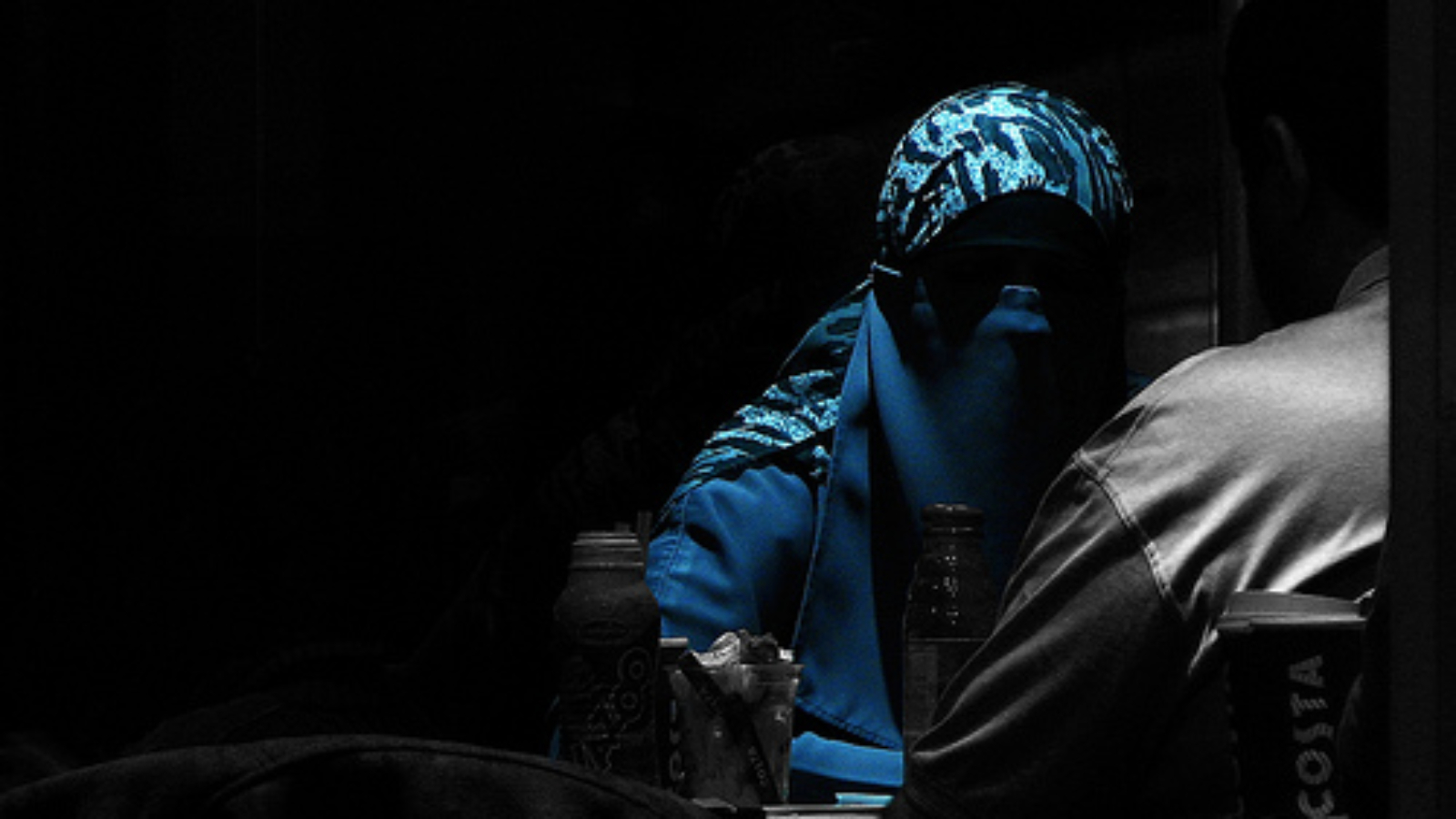From Chowk, a South Asian website focused on religion, society and politics. Ibrahim Sajid Malick is a Pakistani-American writer, technologist, and social entrepreneur. He has been writing on Pakistani society and politics since 1986 when he joined the Daily News in Karachi as a reporter.
At an Iftar party in suburban New York yesterday where educated men and women sat for feast after fast separately and prayed separately I had many questions. Why was a young man asked to recite Azan and not a young woman? Why can’t I pray with women Imam?
What struck me most is that these men and women at the Iftar party are fairly educated and balanced in their life style. Their daughters attend good schools and colleges; they aspire for a just society in which their daughters and sons have equal opportunities. But when it comes to equality in prayers, centuries old practices kick-in by default.
I sat there wondering where is the personal space to fight back? What is the basis on which we can attempt to create alternative Islamic structure? How can a society be created in which gender does not impact how we pray?
A growing number of Muslim women have taken a lead on defining Islam that is aligned with feminist aspirations. From Asia to Africa, from the Middle East to Middle America, I see more and more Muslim women standing up and speaking for Islam. Yet the space that recent years of feminist activity has created remains a fragile one.
In this rapidly growing community of Muslim scholars there is a consensus on the need to examine the role of religious practice in the construction of male domination and female subordination. I believe this will at least create the space in which we can refuse exploitation of our daughters and sisters and began reflection on their right to offer prayers shoulder to shoulder with men.
But I feel there are several problems, which we must address if we are both to widen our understanding of Islam and assert our daughters’ and nieces’ right to take a leadership position in the practice of Islam.
First is the very extent and power of what might be called the ‘masculization’ of prayers.
I was reminded of a Muslim woman, Asra Nomani who had challenged segregation at a mosque in West Virginia in 2003. A young Canadian Muslim Maryam Mirza had delivered partial Khutba at a mosque in Toronto in 2004. Since then many women have organized ‘pray-ins’ at mosque and yet many more have led mixed gender Friday prayers – Yasmin Shadeer, Amina Wadud, Raheel Raza are few often cited for their leadership role in trying to change how we live and pray.
As a student, I was exposed to a promising line of investigation in the work that socialist-feminists were beginning to do on the nature of ideology. They challenged theories solely based on the “relations of production” and inserted women’s liberation movement in the core of discussion. These scholars rejected the notion of “ideology as false consciousness” and argued that ideology is “the lived reality of subjectivity.” By grounding ideology in existing realities its social construction was recognized and challenged.
We have begun to recognize and integrate women in all spheres of life including education, health, business, sports, and art to name a few. More and more middle class women are joining the workforce and putting bread on the table. Many Muslim women understand Islam in orders of magnitude better than many Muslim men.
A well-mannered Pakistani physician who was also at the Iftar party reminded us that world has changed; “we don’t travel on camels anymore,” he said. I agree and wonder if my daughters and nieces can work on much needed vaccines and investigate the optimal sources of energy, why can’t they also lead mixed gender prayers? Why can’t they recite Azan?
—Ibrahim Malick
Photo: www.cgpgrey.com
